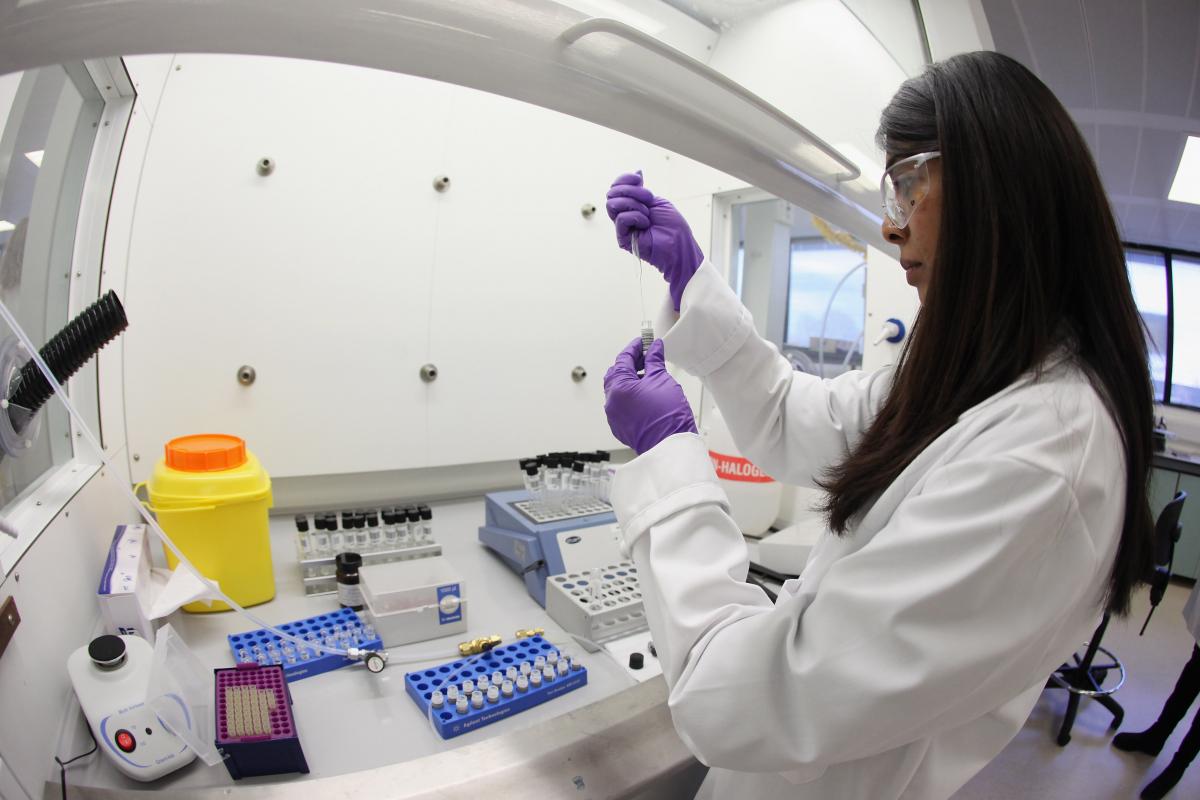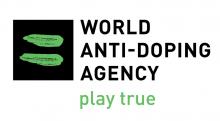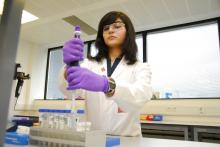London 2012 Anti-Doping Laboratory Receives Seal of Approval
WADA accredits London 2012 Anti-Doping laboratory 24 Apr 2012
The IPC will continue to educate athletes and their support staff on the importance of anti-doping.
“Doping athletes must know that there is a very good chance they will be tested this summer and that everything scientifically possible."
The London Organizing Committee for the Olympic and Paralympic Games (LOCOG) today marked the successful accreditation of the London 2012 Anti-Doping Laboratory.
The accreditation, granted by the World Anti-Doping Agency (WADA), is the final seal of approval for the laboratory which is provided by GlaxoSmithKline (GSK) and operated by King’s College London.
The WADA accreditation process, which spanned a two year period, was based on two international standards - ISO/IEC 17025, and the International Standard for Laboratories – which required the laboratory to undergo a series of rigorous tests to establish its analysis credentials.
Assessments have focussed on the facility, equipment, procedures and staffing during three formal inspections and dummy sample testing.
Jonathan Harris, LOCOG Head of Anti-Doping said: “The WADA accreditation is a green light signal that the lab is ready. The successful partnership between LOCOG, GSK and King’s has enabled us to present to WADA a brilliant laboratory for King’s to operate at Games time.”
Jonathan Edwards, LOCOG Chair of Athletes Committee and Olympic Triple Jump gold medallist, said: “Ensuring athletes come to London with confidence in the LOCOG Anti-Doping programme and the London 2012 laboratory is very important.”
WADA President John Fahey said: “Achieving WADA accreditation means that the London 2012 Anti-Doping Laboratory will operate to the highest standards of sample analysis during the Olympic and Paralympic Games.
“Doping athletes must know that there is a very good chance they will be tested this summer and that everything scientifically possible – and with the assistance of growing intelligence - will be done to make sure that their efforts to cheat are detected by the experts at the Laboratory.”
Over 1250 samples will be analyzed throughout the Paralympic Games. The laboratory, which measures the size of seven tennis courts, will be in operation 24 hours a day, seven days a week.








